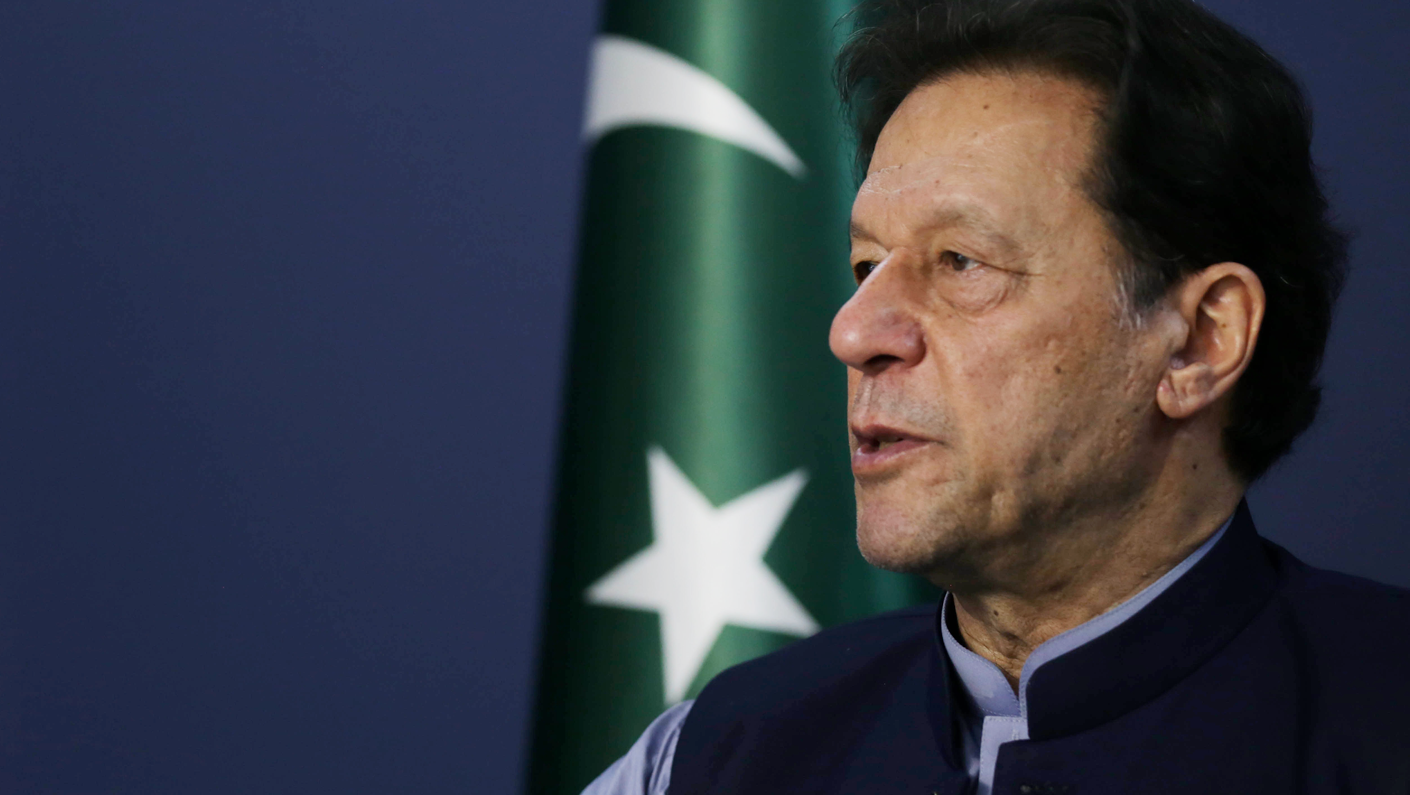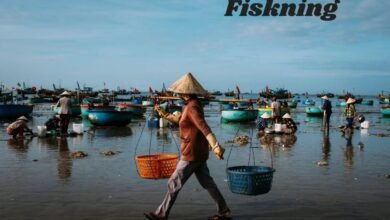Imran Khan: The Politician, Cricketer, and Philanthropist

Imran Ahmad Khan Niazi, born on October 5, 1952, in Lahore, Pakistan, is a multifaceted personality known for his contributions to cricket, politics, and philanthropy. With a career spanning from the cricket pitch to the political arena, Imran Khan has left an indelible mark on Pakistan’s history.
Cricket Career
Imran Khan’s journey to prominence began on the cricket field. He made his international debut in a Test series against England in 1971 and continued to represent Pakistan until 1992. Imran Khan was not only a skilled cricketer but also a charismatic leader. He served as the captain of the Pakistan national cricket team intermittently from 1982 to 1992.
Under his leadership, Pakistan achieved its most significant cricketing milestone by winning the 1992 Cricket World Cup, a historic moment for the nation. Imran Khan’s exceptional all-round skills as a cricketer earned him a place in the ICC Cricket Hall of Fame. He was considered one of the greatest all-rounders in the history of cricket.
Political Career
Imran Khan’s transition from cricket to politics was a notable chapter in his life. In 1996, he founded the political party Pakistan Tehreek-e-Insaf (PTI) and became its chairman. His foray into politics marked a new era in Pakistan’s political landscape, as he aimed to bring about change and reform.
Khan’s political journey faced ups and downs. He won a seat in the National Assembly in the 2002 general election but served as an opposition member until 2007. PTI gained momentum over the years and emerged as a significant political force. In the 2013 general election, PTI became the second-largest party by popular vote. However, it wasn’t until the 2018 general election that Imran Khan’s PTI secured the largest number of seats in the National Assembly and formed a coalition government with independent candidates, with Khan assuming the role of Prime Minister.
As Prime Minister, Khan faced a multitude of challenges. He worked to address Pakistan’s economic issues, negotiating bailouts from international organizations like the International Monetary Fund (IMF) to stabilize the country’s finances. His government implemented policies aimed at increasing tax collection, attracting investment, and promoting renewable energy.
Challenges and Controversies
Imran Khan’s tenure as Prime Minister was not without its share of challenges and controversies. Pakistan grappled with economic difficulties, including inflation and rising food prices, which impacted the lives of ordinary citizens. Critics accused Khan’s government of mishandling the economy and failing to alleviate the burden on the population.
His administration also faced criticism over issues related to press freedom and political dissent. Some observers raised concerns about democratic values and human rights, citing alleged suppression of dissent and the use of state institutions against political opponents.
Legal Issues and Ouster
In April 2022, Imran Khan faced a significant setback when he became the first Prime Minister in Pakistan’s history to be removed from office through a vote of no confidence. This event marked a pivotal moment in Pakistan’s political landscape. Khan subsequently faced legal challenges, including charges under anti-terror laws related to his accusations against the police and judiciary.
In October 2022, the Election Commission of Pakistan disqualified Imran Khan from holding public office for the current term of the National Assembly of Pakistan in a case related to the Toshakhana reference.
Philanthropic Endeavors
Imran Khan’s commitment to philanthropy has been a consistent aspect of his life. In the 1990s, he served as UNICEF’s Special Representative for Sports and promoted health and immunization programs in several countries. His most significant philanthropic achievement is the Shaukat Khanum Memorial Cancer Hospital and Research Centre, Pakistan’s first and only cancer hospital. Khan founded this institution with the support of donations exceeding $25 million from around the world, offering cancer treatment and care to countless patients.
Additionally, Imran Khan established Namal College in the Mianwali District, providing educational opportunities to aspiring students. His philanthropic efforts extend to various initiatives aimed at improving the lives of underprivileged communities in Pakistan.
Legacy and Future
Imran Khan’s legacy in Pakistan remains complex and multifaceted. He will be remembered as a cricketing legend, a charismatic political leader, and a philanthropist dedicated to healthcare and education. His impact on Pakistan’s political discourse and social welfare initiatives continues to resonate.
While his tenure as Prime Minister came to an end, Imran Khan’s influence on Pakistan’s political and social landscape endures. He remains a prominent figure in the nation’s narrative, both as a statesman and a symbol of change. As Pakistan navigates its future, Imran Khan’s enduring presence ensures that he will continue to play a significant role in shaping the country’s destiny.



